The Obvious, Hidden and Additional Costs in Home Buying

When we envision a house, the image of our loved ones comfortably and safely nestled in the space that we call ‘home’ comes to mind. To make an intelligent decision and to ensure you get the home of your dreams, knowing all the finances involved in home buying is important and budgeting for the same, in advance, even more important. Apart from the Down Payment and the Equated Monthly Instalment (EMIs) and interest, there are other expenses that are barely highlighted and taken into account during the home buying process.
In order for you to have an enriching and stress-free home buying experience, understand all the major and minor costs that you may need to provision for, before, during and after buying a house.
STAMP DUTY
This term Stamp Duty is used to refer to a tax levied by the respective State Governments on all property transactions that are made within India under Section 3 of the Stamp Duty Act, 1899. As a buyer, paying the Stamp Duty is one of the first steps towards getting the house registered in your name. The amount of Stamp Duty varies from one state to another and comes to about 5% to 7% of the total cost of the property under consideration. An online calculator can be used to calculate the amount. All you need to do to get an estimate of the Stamp Duty is to enter the State you are buying the property in and the property’s cost.
REGISTRATION CHARGES
Once the Stamp Duty is paid, the document has to be registered under the Indian Registration Act with a Sub-Registrar. It serves as a legal evidence of ownership or transfer of property and has to be paid by the buyer, in most cases. Registration has to be done in the jurisdiction where the property is located and depends on the total cost of the property. Like the Stamp Duty, the cost varies from one state to another and can be calculated online. For example, in the State of Maharashtra, the Registration Charge as of July 2021 was 1% for properties up to Rs. 30 Lakhs and fixed Rs. 30,000 for properties above Rs. 30 Lakhs. To get a lucrative deal, it is indeed a great idea to ascertain if there are certain offers being run by the builder with regards to Stamp Duty and Registration Charges being discounted or waived off.
PROPERTY TAX
Property Tax is an annual charge that is levied by the Government of India on property owners. This tax is calculated on the value of the owned property and is collected by the Local Government or the Municipal Corporation, whoever is authorized to do so in the respective State.
PREFERENTIAL LOCATION CHARGES (PLC)
In case you have set your heart on a unit which is situated in a better location in terms of the view of the property and/or accessibility to the facilities, then you will also need to consider paying the Preferential Location Charge (PLC). Unlike other charges, the cost for Preferential Location varies across different developers and can depend on a lot many different factors.
FLOOR RISE CHARGES
Suppose you are looking to own an apartment at a particular floor level, mostly the upper floors, you may get one at an additional cost. As the name suggests, floor rise charges depend on the specific floor you have selected. Usually included in the agreement value, the floor rise charges vary from builder to builder and sometimes might even not be a separate component. Typically, the floor rise charges are quoted on per sq.ft. basis and can be fixed by the builder for every floor or for a certain bunch of floors in slabs. Ask about the floor rise component when evaluating the offer.
MAINTENANCE CHARGES
The maintenance of select facilities like the elevator, park, club house etc., offered in a society, come at an extra cost and they also need to be included in your personal finance planning. The builder or Residents’ Welfare Association (RWA) discuss the cost and charge all the residents in the society a nominal amount for the same. In most cases the builder charges the fee in advance for the first year until the Residents’ Welfare Association (RWA) is formed and the responsibilities are handed over.
PARKING SPACE COST
In most cases, buying a parking space, and that to at a preferred location, comes at a premium. The cost of it is dependent on the location, the size and the type of the parking, whether stack, puzzle, tandem or independent. Purchasing a parking space as part of your real estate transaction is always recommended to ensure safety of your automobiles. In case you do not purchase a parking space, you will need to park at your own risk, perhaps even outside the project premises. Talk to the developer to understand the financial component of the parking space in the final cost and accordingly budget for it.
CORPUS FUND
A Corpus Fund or a Capital Fund is a one-time amount that is collected by the developer and is kept aside for the housing development to function, exist and maintain itself. More like a pre-paid maintenance charge, it is utilized for maintenance purposes. However, it is not the Corpus Fund itself, but the interest generated on that deposited amount which can be essentially used by the developer for the aforesaid expenses. The Corpus Fund is then further passed on to the housing society or the apartment association when it is formed.
CLUB MEMBERSHIP FEES
Some developers may charge a one-time club membership fee for using certain exclusive amenities. This cost isn’t fixed and may or may not be present. Inquire about the same before making the buying decision. Accounting for these charges in your home buying cost will give you a bird eye’s view of the total expenses of ownership.
UTILITY CHARGES
Payment for the electricity, gas and water connections are few additional costs that you need to take into consideration when purchasing a property. Once you have paid the installation charges, these utilities would incur a monthly fee based on your usage. These fees are charged by the Local Municipality and are monitored using meters that are installed in or near your property.
BROKERAGE FEE
In case you plan to seek the services of a broker in your home buying search, you will need to take into account the brokerage, which is the fee charged by the broker, who can be an individual or a firm. Most brokers or firms work on a fee basis with the developer and charge about 1-2% of the total property cost, but there are exceptions. It is advisable that you clarify the brokerage charges, if any, before going ahead with the deal.
INTERIOR WORK
The walls, the furniture and the decor of your home exude your personality and hence doing up your space, in the way you want, will also include additional costs. The cost of painting, plumbing, furniture, upholstery, appliances and gadgets will need to be taken into consideration during the planning phase and a certain amount, based on your immediate requirements, will be required to be provisioned for in your house buying budget.
PROPERTY INSURANCE
You may also consider a Property Insurance or Home Insurance for your haven. There are different options that you can choose from like a fire insurance, burglary insurance or an all-risk insurance; which will cover not only the structure of your house, but also its contents in unavoidable circumstances, thus keeping your assets and finances secured.
Planning lays the perfect foundation for nearly everything in life. Doing so provides an environment where one can relax, knowing that even the little things that can go unnoticed, have been thought about and been accounted for. As surprises are also a part of life; budgeting for a few more extra costs, will ensure that they are met with a smile.
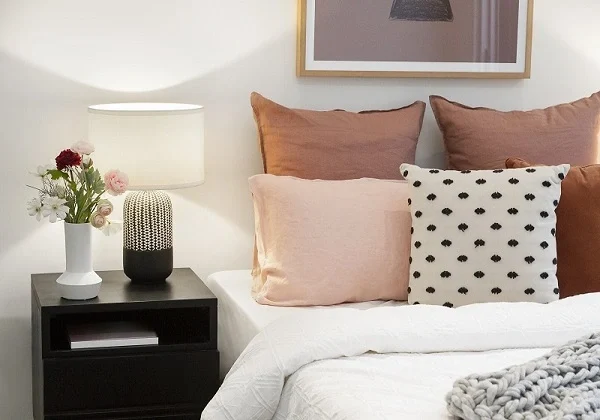
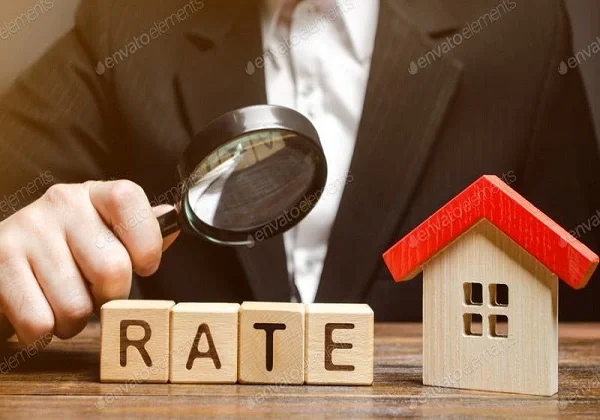

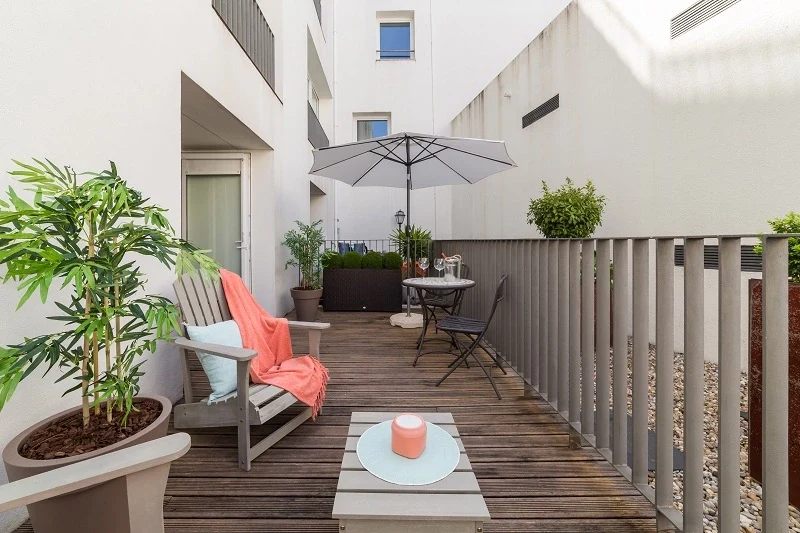


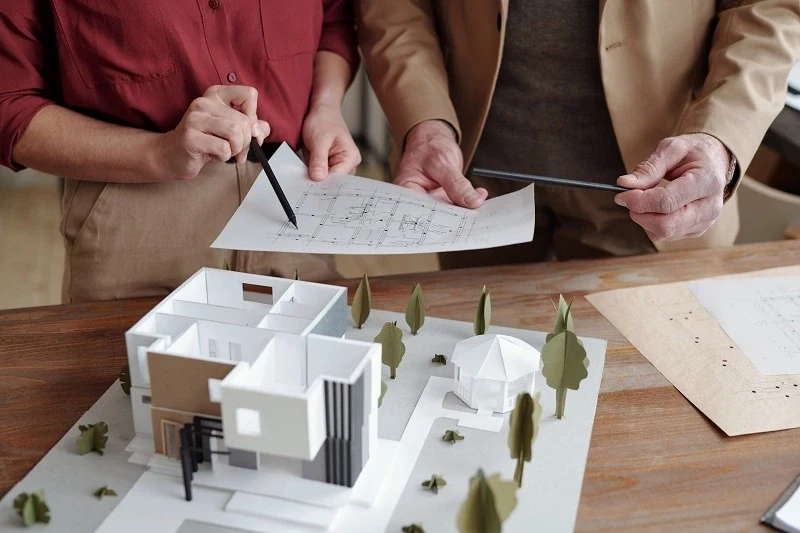
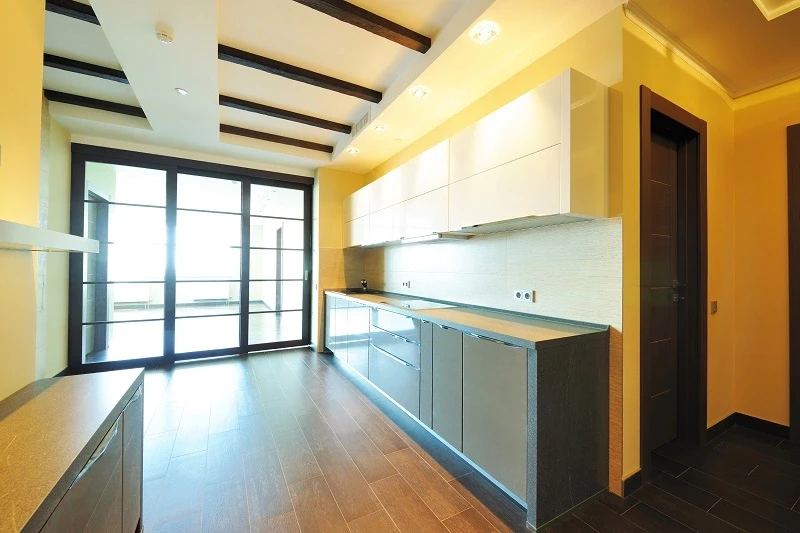

Ask a Question